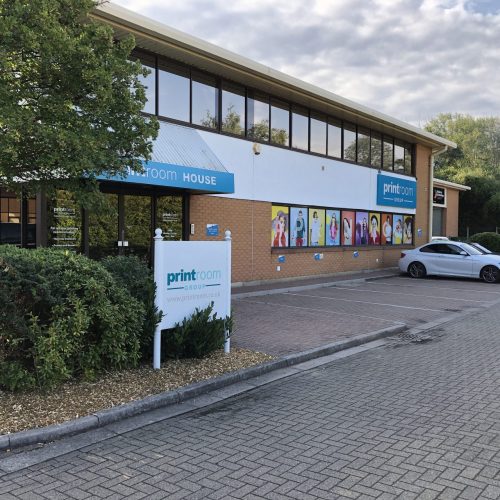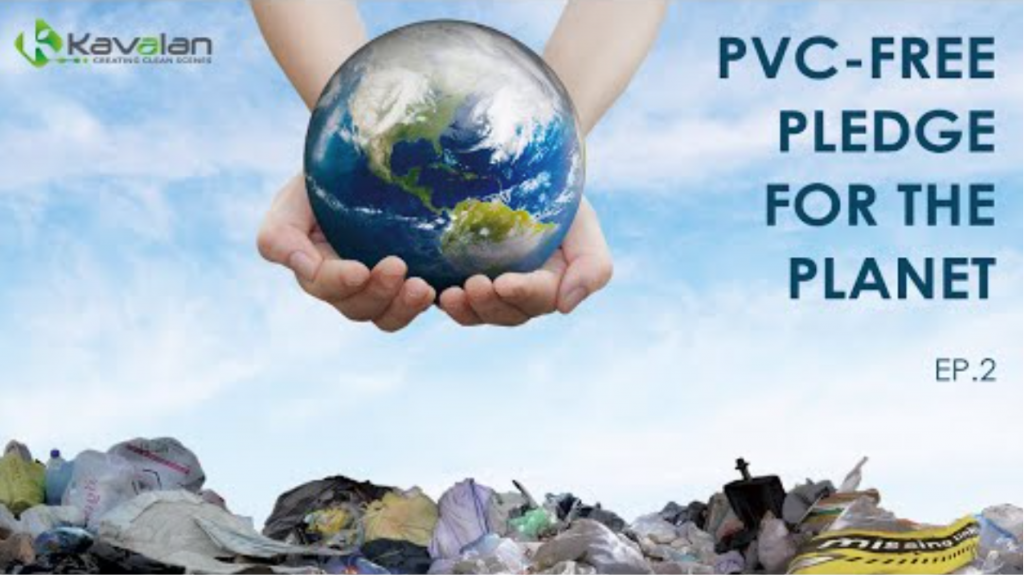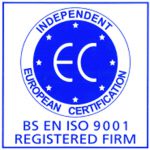Why Cutting Consumption is Crucial
How we can all reduce the effects of climate change is a tricky question with no easy answer, and yet it’s getting ever more crucial. Temperatures are soaring, droughts and wildfires are becoming even more common, and legislation simply isn’t keeping up with demand. Reducing consumption is one of a number of ways to help reduce the impact of climate change.
The challenge of tackling climate change and reducing these negative impacts is enormous, so let’s bring it back to the basics. There are many things that individuals and companies alike can do to reduce their impact on the planet, and one of the most effective (and yet easily the least popular) is reducing our consumption.
Why is reducing consumption necessary?
The twelfth goal laid out in the United Nations’ Sustainable Development Goals is ensuring sustainable consumption and production practices. Research conducted by the United Nations has estimated that a staggering one-third of all food that is produced each year ends up in the bins of both retailers and consumers.
In homes, this could be because it’s been forgotten about in the back of the fridge, or we’ve purchased more than we need. For businesses, this can be from poor transportation methods, over-ordering or damage.
If the world’s population is to reach 9.6 billion by 2050, this level of consumption and subsequent level of waste would mean that close to three planet Earths would be needed in order to provide the resources necessary to sustain our current lifestyles and habits.
As you can imagine, that is completely unsustainable. To avoid this problem entirely, we need to reduce consumption to protect our resources for future generations.
Is reducing consumption even possible?
It is more than possible to reduce consumption, both for individuals and businesses. There are changes that are easy, however, unfortunately a lot of the steps that can be taken to reduce consumption aren’t very popular amongst the masses as some can involve larger sacrifices.
Before we look in detail at both reducing water and plastic use, let’s take a step back and consider our current mindset and lifestyles.
A study conducted in 2015 found that a staggering 60% of greenhouse gas emissions globally came from both the production and use of household goods and services. According to the UN, the richest 1% are responsible for more than double the emissions produced by the poorest 50%.
Fossil fuel businesses are a key contributor to greenhouse gas emissions, with 90% of their carbon footprint being directly linked to their manufacturing or refining purposes. Despite the huge impact of the fossil fuel industry, consumer demand is definitely a driving force behind current levels of emissions.
When it comes to businesses, there are some practices that have always been less than ideal when it comes to consumption and waste. Take events and display materials, for example. Vinyl banners have been the go-to for many years, but they’re actually damaging to the environment, not just from the production process and materials themselves, but also because they’re not biodegradable, so they just end up in landfill after one use.
There are simple steps businesses can take to reduce this waste, including changing their designs to be more evergreen enabling the same materials to be used time and time again, and choosing more sustainable promotional materials such as Kavalan banners and signage, available online at Printroom.
How can we reduce our water use?
Reducing water consumption is an absolute necessity. An estimated 47% of people around the world live in areas that suffer from water scarcity in at least one month out of a year. The brutal truth is, that this is already a huge problem for billions of people.
Even much closer to home, the heatwaves the UK has suffered from in recent years have been starting to cause problems for the water network, which has meant that hosepipe bans and recommendations to reduce usage have been becoming more and more common. If we don’t reduce our water consumption and start making mindful choices, this will start affecting our lives in the UK more and more as the years go by.
Industries such as agriculture, energy, food, mining and fashion all need to make significant changes as they are key contributors to this problem, but the inconvenient truth is that all businesses and individuals should be aiming to make more conscientious choices.
Simple steps we can take on an individual level include not having unnecessarily long showers, running fewer but larger washing machine cycles to avoid unnecessary water waste, turning the tap off whilst brushing our teeth, and only using things like hose pipes when absolutely necessary. Whilst these can all help on an individual level, there are other similarly small changes that businesses can make that will have a huge and positive impact on overall water consumption.
Take the traditional vinyl and textile banners and signage businesses use, for example. The manufacturing process has typically required vast quantities of water to clean and refine the raw materials.
Kavalan’s innovative Moonlight River material was launched as a response to this exact problem. This material is a replacement for traditional textile banners, and Kavalan has managed to eliminate the washing process. This means that they’ve reduced the overall freshwater usage during the manufacturing process by 67%.
How can we reduce our plastic use?
Plastic pollution has found its way into the news with increasingly alarming regularity. From turtles caught in drinks can packaging to microbeads filling the stomachs of fish and plastic-littered beaches, there are a wealth of horrific effects our use of plastic is having on the environment.
Unfortunately, despite steps some companies and individuals are taking, our production of plastic is still going in the wrong direction. Research by National Geographic states that approximately half of plastic that has ever been produced has been made within the last 15 years, and that production is currently projected to have doubled by 2050.
There are steps that individuals can take to reduce their own usage of plastic, such as swapping to paper or metal straws, using reusable bags and reusable water bottles, but further steps are needed on a larger scale to reverse the problem of plastic pollution.
Governments are starting to tackle this issue with initiatives such as charging for plastic bags and banning single-use plastics, but more can be done by businesses too.
An increasing number of businesses are putting sustainability to the forefront of their practices by implementing ESG policies. A simple change such as pledging to go PVC-free can make a massive difference immediately.
In fact, if all PVC banners sold in Europe in 2018 were replaced by Kavalan Sunlight 300, the industry could have saved enough water for 4 million people for a year.
When it comes to Kavalan Sunlight Light, 10,000 square metres will save enough fossil fuels to run a BMW M3 on 12 return journeys from London to Paris, and just 10,000 square metres of Kavalan Spiderweb 300 would save the equivalent of the carcinogenic impact of 10.4 million cigarettes.
Doing more with less
By making small changes, we can all start doing more with less. By choosing goods that can be reused time and time again, we can all reduce our consumption and therefore our carbon footprint.
Kavalan’s mission is to lead the large format printing industry into the future by innovating new and environmentally friendly alternatives to traditional materials. Not only can this help businesses succeed, but it can also slow down the industry’s impact on the environment.
Find out more about the range of Kavalan banners available and how they can help your business go PVC-free online at Printroom.

Whether you need printed brochures, business cards, posters, presentation folders, annual reports or letterheads, The Printroom Group offer the perfect print solution.
Our clients include blue-chip companies, software companies and charities. We also produce all aspects of school printing and promotional material and work closely with marketing and communication departments in many industries.


Get in touch with our team!
01344 452778
or email hello@printroom.co.uk
If you would like to speak to one of our highly experienced team please contact us.
Get in touch...





